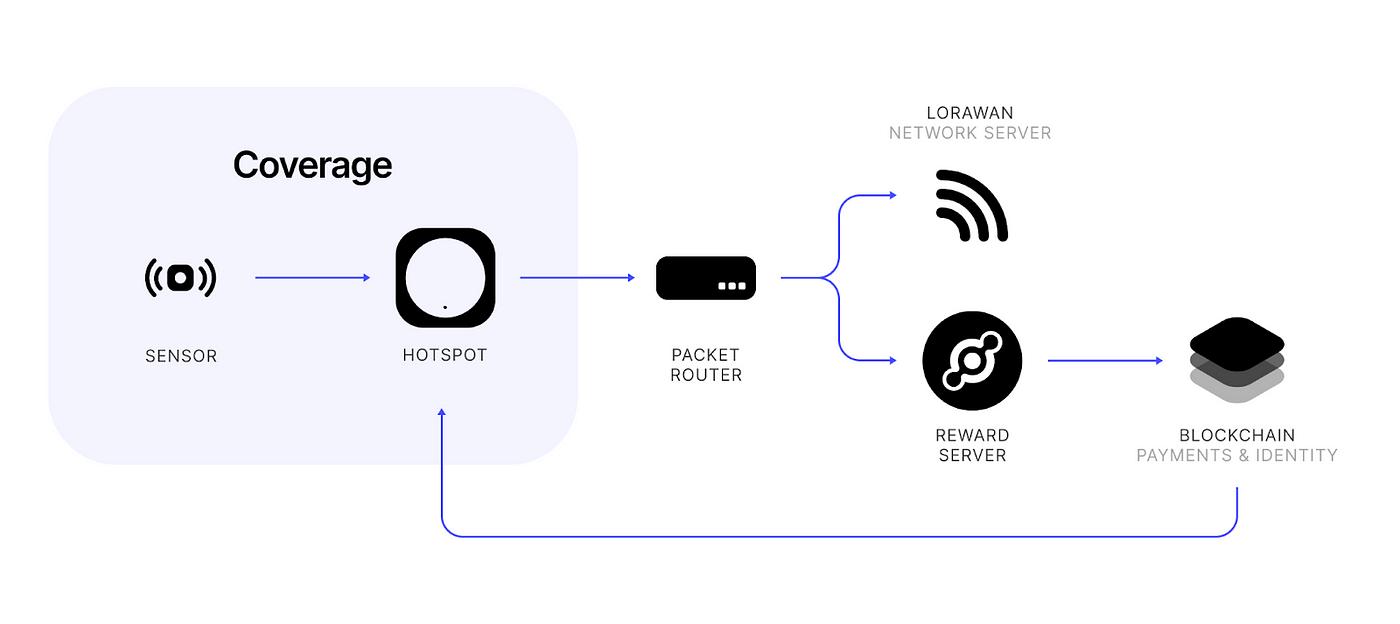LoRaWAN Network Servers
A LoRaWAN Network Server (LNS) is a vital component of a LoRaWAN network responsible for device management, message routing, and integration with application servers. LoRaWAN Network Servers play a crucial role in ensuring the scalability, reliability, and interoperability of LoRaWAN networks.

Connect and Manage Devices on Helium
There are a couple of options to get started onboarding devices and connecting through a Helium LNS.
Work with a Service Provider
Professional LNS hosting companies can provide support and immediate access to a ready-to-go connectivity platform.
Learn MoreSelf Host an LNS
Comfortable setting up, configuring, and managing your servers? Hosting your own LNS could be a good option.
Learn More